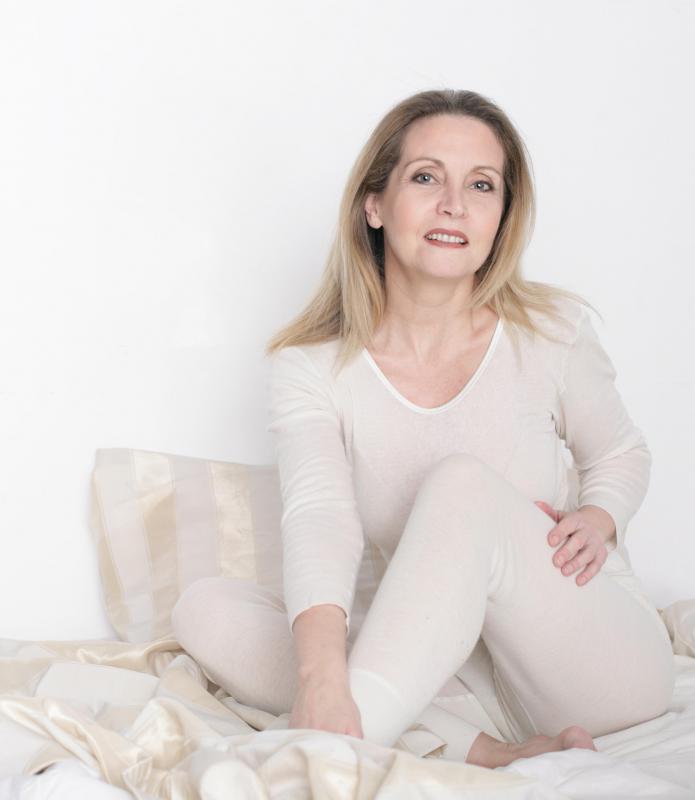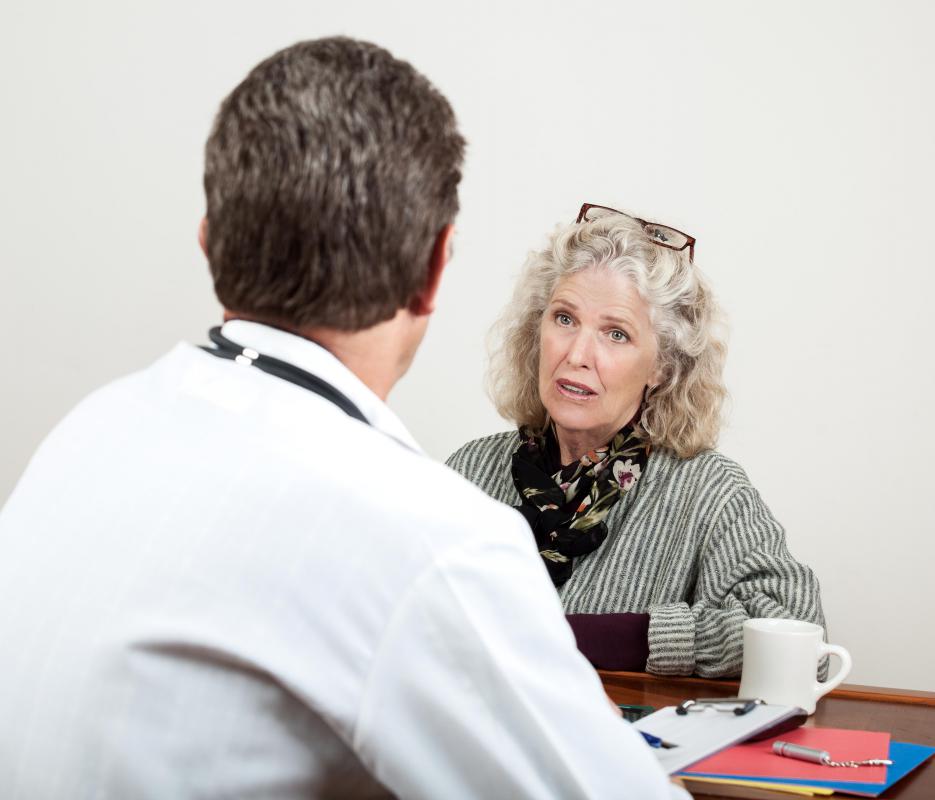At TheHealthBoard, we're committed to delivering accurate, trustworthy information. Our expert-authored content is rigorously fact-checked and sourced from credible authorities. Discover how we uphold the highest standards in providing you with reliable knowledge.
What is Menopause?
Menopause is defined as that time in a woman's life when she has ceased to have menstrual periods for a full year. The period leading up to menopause is called perimenopause, and it is during this period that a number of processes take place that can lead to various physical symptoms. Typically, the process leading up to full menopause is now referred to as simply menopause, sometimes euphemistically as 'change of life' or just 'the change'.
Menopause is a natural process just as puberty is natural; puberty prepares a girl to be able to conceive and bear children, and menopause prepares a woman to cease to be able to conceive. Both cause upheavals in one's body, puberty by introducing hormones and menopause by withdrawing them.

This process typically begins in a woman's forties or fifties, but the entire change process can take several years. Symptoms can vary in severity; many women notice no symptoms other than a gradual cessation of their periods, while others suffer from hot flashes, mood swings, sleep disturbances and sexual difficulties. Depression is not physically caused by the changes a woman undergoes during this time, but may be a result of her attitudes towards her own body and aging. Depression should not be left untreated as just another symptom of 'the change'.
Women who have a hysterectomy will experience instant menopause, whatever their age.

If symptoms of the change are significant and annoying, there are a number of therapies that can lessen and manage them. The most widely employed is Hormone Replacement Therapy, or HRT. Since menopausal symptoms are caused by the body's adjusting to decreased levels of hormones, HRT replaces the hormones and thus decreases the symptoms. While many women swear by HRT, some research suggests that prolonged use may lead to an increased risk of breast cancer.

A number of herbal alternatives are being investigated now for use in managing unpleasant symptoms of menopause. Black cohosh is widely used in Europe to treat hot flashes, and recent studies seem to show that it is indeed effective in some cases. Other herbs are soy products which contain a type of plant estrogen, St. John's Wort for mood regulation, evening primrose for hot flashes, valerian for sleep disorders and chasteberry for sexual dysfunction. Many European studies attest to the effectiveness of these therapies, but US researchers argue that the studies are poorly designed.

As always, when taking herbal remedies, consult with your primary doctor. Herbs contain active ingredients that may interfere with the effectiveness of prescription medications, and your doctor will need to know what herbs you take regularly. St. John's Wort, for instance, can alter the effects of prescription antidepressants and they should not be taken together except as directed by a physician who understands their interactions.
AS FEATURED ON:
AS FEATURED ON:

















Discussion Comments
I had a hysterectomy in 1986 when age 33. I am now 58, my ovaries were left. I have tried HRT and had breast tenderness and was worried that I was creating more problems so I stopped it.
I feel tired most of the time and wake nearly every morning around 5 a.m. This break in sleep causes me to feel tired a lot.
Lethargy stops me from exercising, therefore I have put on weight; it is a vicious circle. I work as a social care worker so I do not sit all day but when I get home I fall asleep.
I have hay fever at present and feel bunged up an with the lethargy to all in all I feel horrible most of the time. I take tablets for high blood pressure. I also get vertigo sometimes and I am suffering from a bout at present, I just want to feel well.
i've had a hysterectomy at age 34 i am now 49.i'm experiencing hot flashes which i've never had at 34.i've been told that i should have already under gone all this when i had the operation.i only had my womb removed but my overies are still intact.i've been trying to find info about this but can't seem to find much.
Post your comments